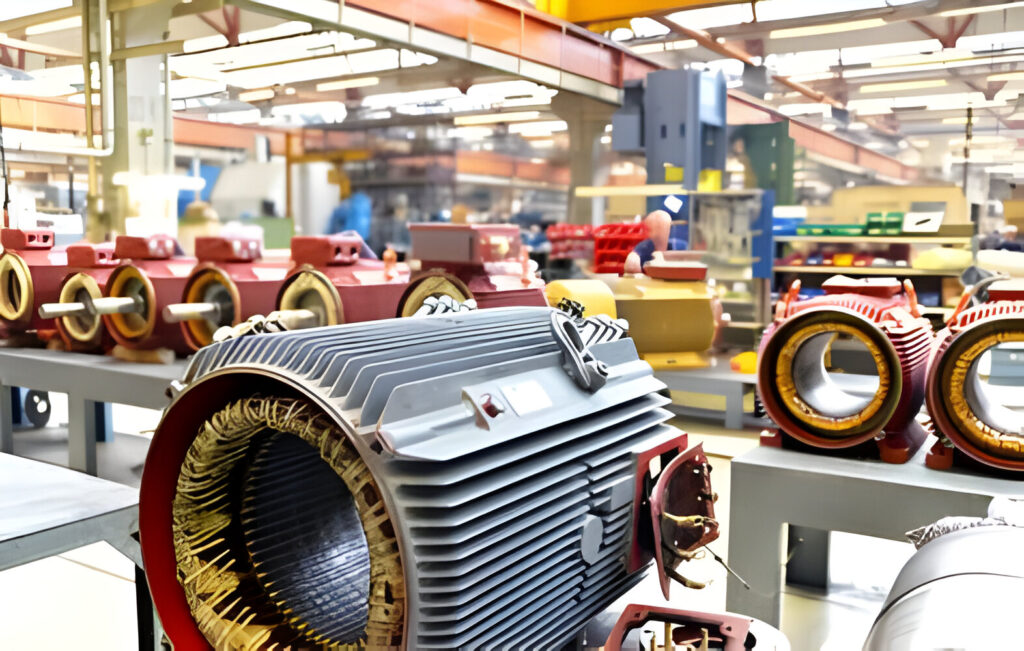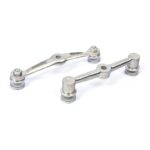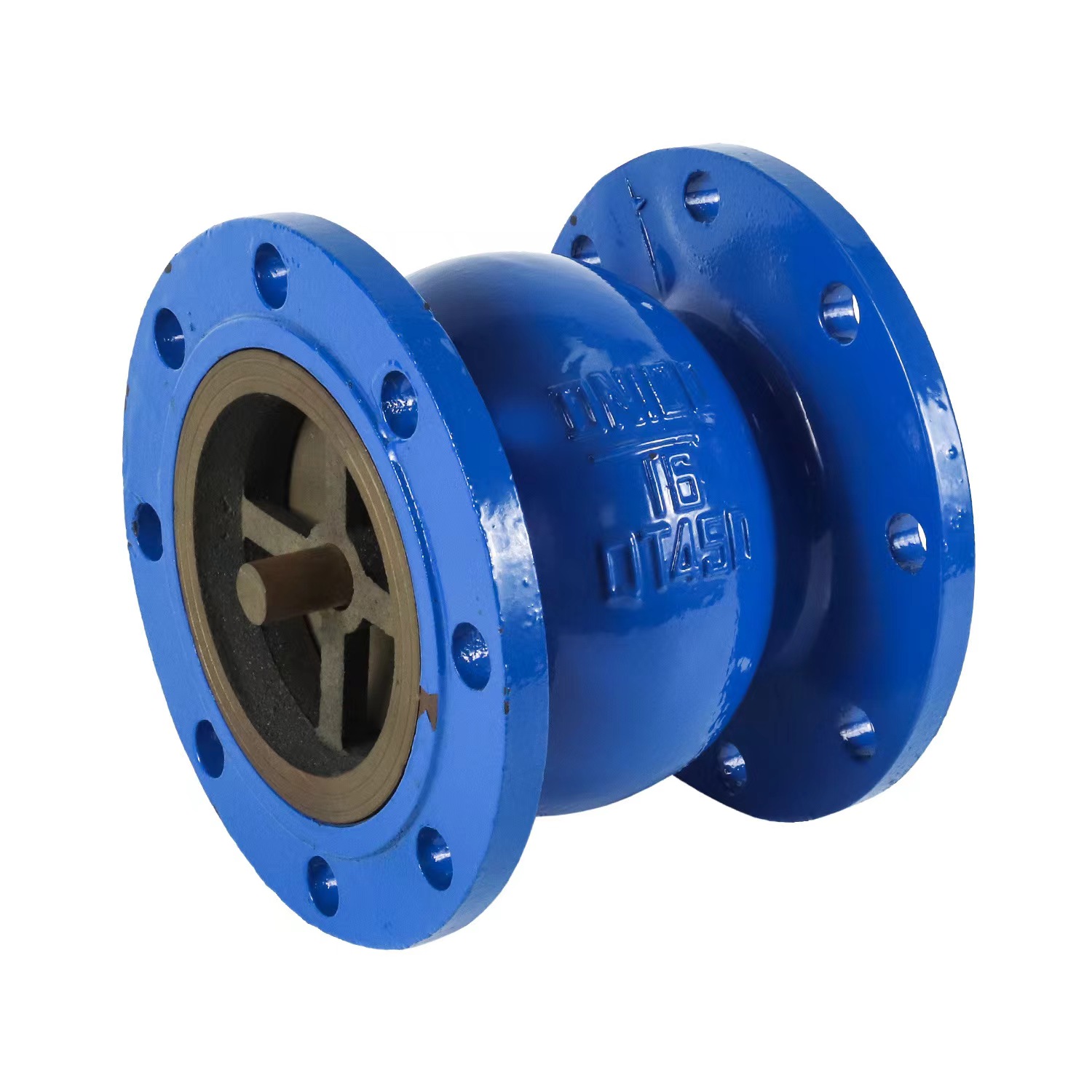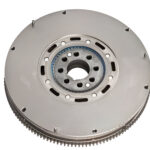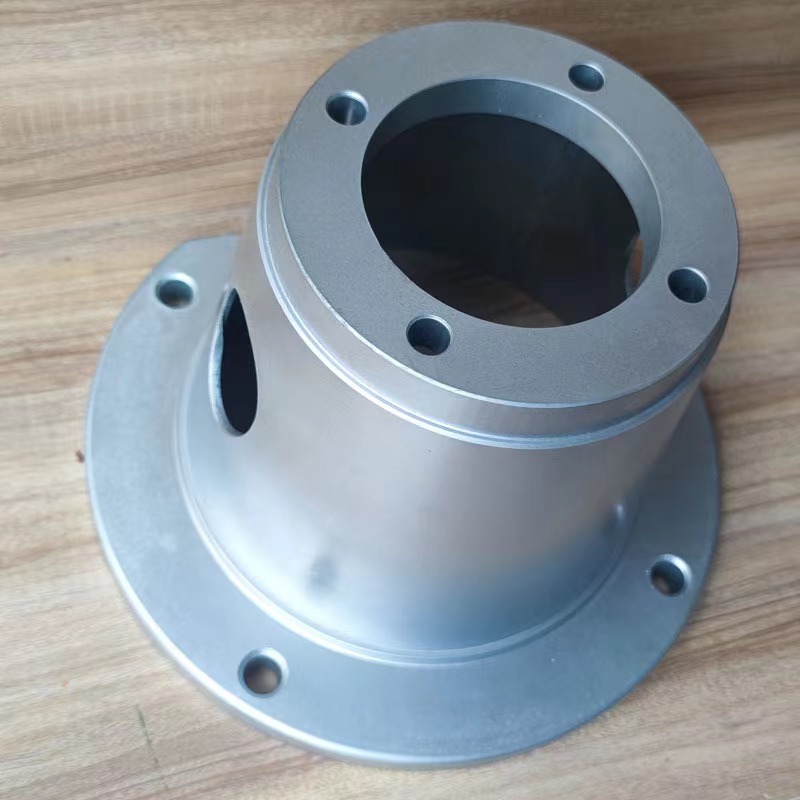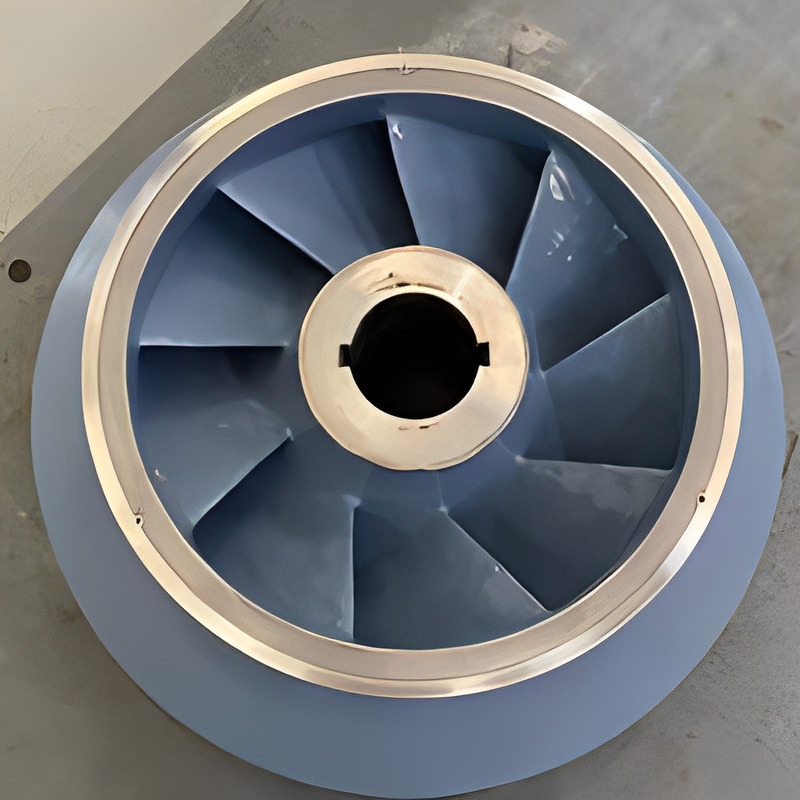The choice of electric motor casing material is a critical consideration in the design and manufacturing of electric motors. The casing material plays a vital role in providing protection, insulation, and structural support for the internal components of the motor. Understanding the different materials available and their characteristics can help optimize motor performance and reliability across various applications. Let's explore the key factors to consider when selecting electric motor casing material and how it contributes to the efficiency and longevity of electrical systems.
- Motor Housing: The motor housing forms the outer shell of the electric motor casing, providing a robust enclosure for the internal components. Common materials used for motor housing include aluminum, steel, and thermoplastics. Aluminum housings are lightweight, corrosion-resistant, and offer excellent thermal conductivity, making them ideal for applications where heat dissipation is crucial. Steel housings provide superior strength and durability, making them suitable for heavy-duty and high-temperature environments. Thermoplastic housings offer a cost-effective solution with good chemical resistance and flexibility, making them suitable for diverse applications.
- Motor Casing: Within the motor housing, the motor casing encloses and protects the intricate components of the electric motor, such as the armature and stator. The casing material should provide insulation and containment for the electrical and mechanical elements, preventing contamination and minimizing electromagnetic interference. Common materials for motor casing include engineering plastics such as polycarbonate, ABS, and nylon. These materials offer good dielectric properties, chemical resistance, and mechanical strength, ensuring safe and efficient operation of the motor.
- Motor Housing Cover: The motor housing cover completes the enclosure of the electric motor casing, sealing it from external contaminants and ensuring its cleanliness. The cover material should be durable, weather-resistant, and easy to install and remove for maintenance purposes. Materials such as aluminum, stainless steel, and ABS plastic are commonly used for motor housing covers due to their excellent corrosion resistance, strength, and ease of machining.
- Electric Motor Housing: Electric motor housings are designed to accommodate specific motor applications, providing a secure and stable environment for motor operation. The housing material should offer thermal conductivity, mechanical strength, and resistance to environmental factors such as moisture, dust, and vibration. Aluminum alloys, such as ADC12 and A356, are commonly used for electric motor housings due to their lightweight, corrosion resistance, and good thermal properties.
- Motor Housing Parts: Various components within the motor housing work together to drive the operation of the electric motor. These parts, including bearings, shafts, wiring, and insulation, should be made from materials that offer good mechanical properties, wear resistance, and thermal stability. Materials such as stainless steel, bronze, and copper are commonly used for motor housing parts to ensure reliable performance and longevity of the motor.
- Motor Housing Casting: The motor housing casting process involves pouring molten metal into a mold to create the housing structure. The choice of casting material is crucial for ensuring uniformity, strength, and dimensional accuracy of the motor housing. Aluminum and zinc alloys are commonly used for motor housing casting due to their excellent castability, mechanical properties, and corrosion resistance.
- Environmental Considerations: When selecting electric motor casing material, it's essential to consider the environmental conditions in which the motor will operate. Factors such as temperature extremes, humidity, chemical exposure, and mechanical stress can affect the performance and lifespan of the motor. Choosing materials with the appropriate properties for the specific application environment is key to ensuring optimal motor performance and reliability.
- Customization Options: Electric motor casing materials can be customized to meet the specific requirements of different applications, including size, shape, and performance characteristics. Whether it's a standard off-the-shelf solution or a custom-designed casing, manufacturers like KT Foundry offer a range of material options and design capabilities to suit diverse customer needs.
At KT Foundry, we specialize in manufacturing premium electric motor casing materials and components that are engineered for excellence. From motor housings to motor housing covers, our products are designed to meet the highest standards of quality, reliability, and performance. Contact us through our website to learn more about our offerings and discover how our products can enhance the performance of your electric motor applications.

